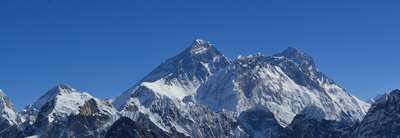Responsible Tourism
Our holidays aim to maximize the benefits for the traveler, the local people, their culture, and the environment in general by:
• Minimizing negative environmental, social and cultural impacts.
• Providing more enjoyable experiences for you through meaningful connections with local people and a greater understanding of local, cultural and environmental issues.
• Generating greater economic benefits for local people and enhancing the well being of host communities. Using always the services of local guides and porters for deepening the understanding of local culture and environment.
• Making positive contributions to the conservation of natural beauty, the cultural heritage and to the conversation of their diversity.
• Using only designated routes, campsites and resting places to reduce trampling and other negative environmental impacts.
• Respect local culture and traditions, use home-stays, locally owned hotels and lodges or campsites always to support the locals.
• Avoiding and or minimizing the use firewood. Using only common spaces for heating. Optioning for alternatives to minimize deforestation.
• Maintaining cleanliness and hygiene. Using litter boxes locally available. Carrying back our garbage while trekking through ecologically sensitive areas.
• Placing mobile toilets, camping toilets at a considerable distance from water sources, like river banks, springs while camping.
• Spending money locally will contribute directly to the local livelihood, women’s empowerment and environmental conservation.
Our Sustainability Policies
SFT Accommodation Policy.docx.pdf
SFT HR Employee Manual-1.docx.pdf







